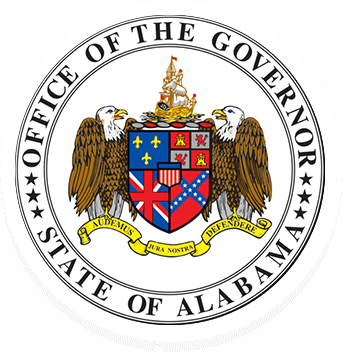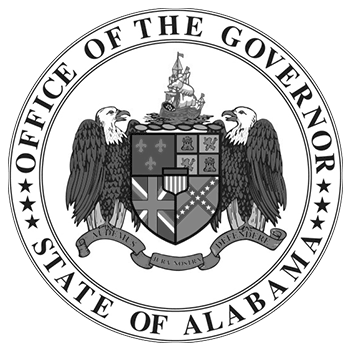Governor Ivey Signs into Law Changes to Simplified Sellers Use Tax Program
MONTGOMERY — Governor Kay Ivey on Friday signed into law HB470, sponsored by Representative Rod Scott, which requires online marketplaces to collect and remit use taxes on sales made through their marketplaces by third-party sellers, or to report such sales to the Alabama Department of Revenue and notify customers of use tax obligations.
The legislation also allows existing sellers participating in the Simplified Sellers Use Tax program (SSUT) that establish a physical presence in this state, only through the acquisition of an in-state business, to continue to participate in the SSUT program.
“This legislation will help bring about a competitive balance between brick-and-mortar retailers in Alabama and third-party online sellers, while streamlining the collection of use taxes that are currently due on online transactions,” Governor Ivey said. “Use taxes are an important funding resource for Alabama’s General Fund and local governments, and the monies collected will be used to improve and expand much needed services.”
Before the SSUT was launched in 2015, online sellers with no physical presence in the state had no obligation to collect and remit use taxes on sales made within the state. Not only did this result in millions of dollars of revenue lost, but it also meant that brick-and-mortar retailers in the state, who did collect and remit sales tax, were at a disadvantage.
The SSUT provides a streamlined, easily-accessible method for eligible online sellers to voluntarily collect and remit a flat, state-wide eight percent tax on all items delivered into Alabama. However, under current law, online sellers that operate as marketplaces for third-party sellers are not obligated to collect on behalf of those third parties. HB470 changes that by requiring collection or reporting the sales to the state and notifying customers.
The legislation also changes the distribution of the local share of SSUT collections. The state receives half of SSUT collections, and municipalities and counties collectively receive the other half. Under current law, the local half is split 50/50 and distributed to each individual locality based on population. Under HB470, effective Jan. 1, 2019, 60 percent of the local distribution will go to municipalities and counties will get 40 percent.
Almost 200 sellers currently participate in the SSUT, which has generated more than $87 million in collections since its inception, with more than $27 million collected in the first four months of fiscal year 2018. The increased tax compliance by third-party online sellers could result in an increase of as much as $40 million annually.
###
Provided by the Office of the Governor of Alabama | governor.alabama.gov

